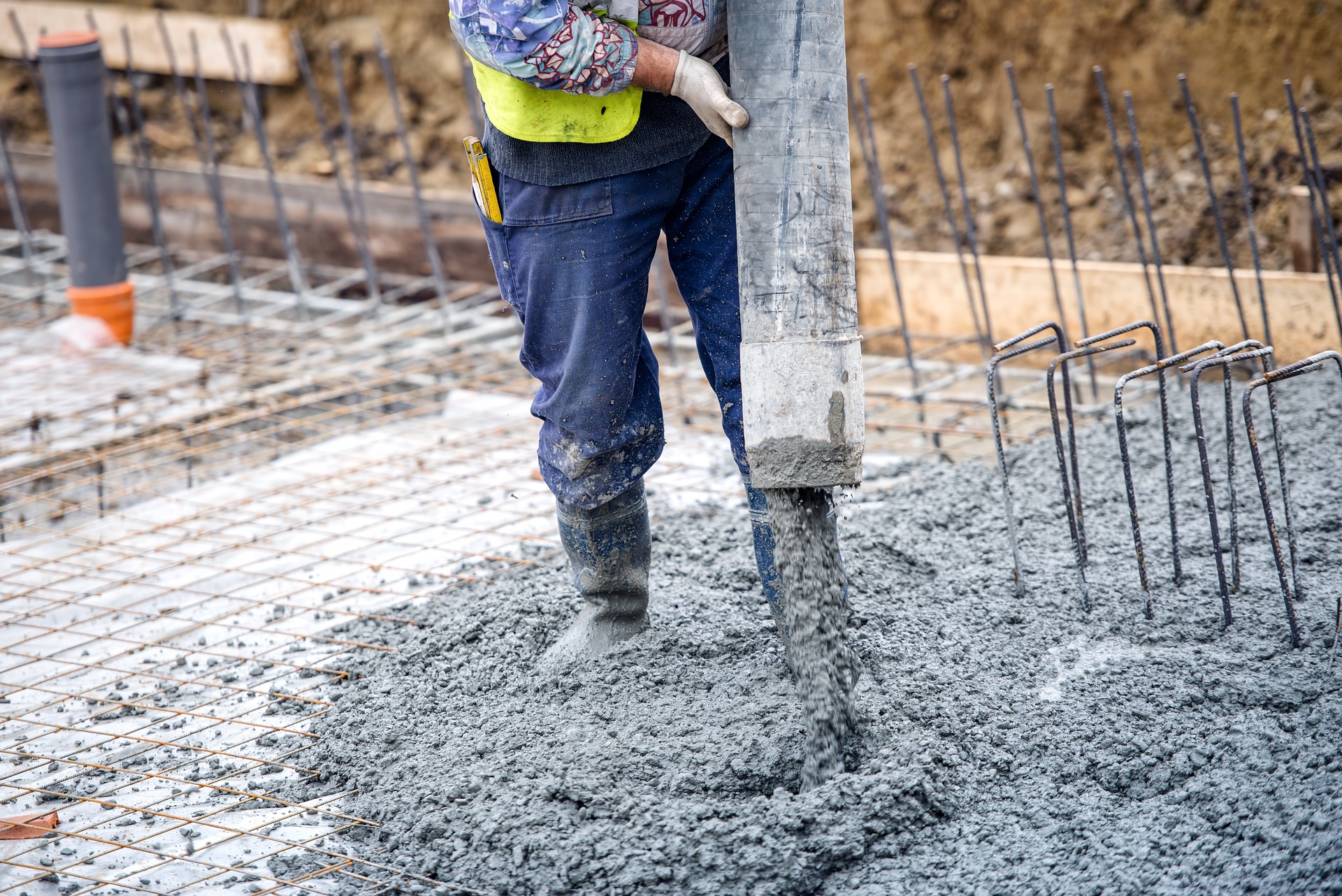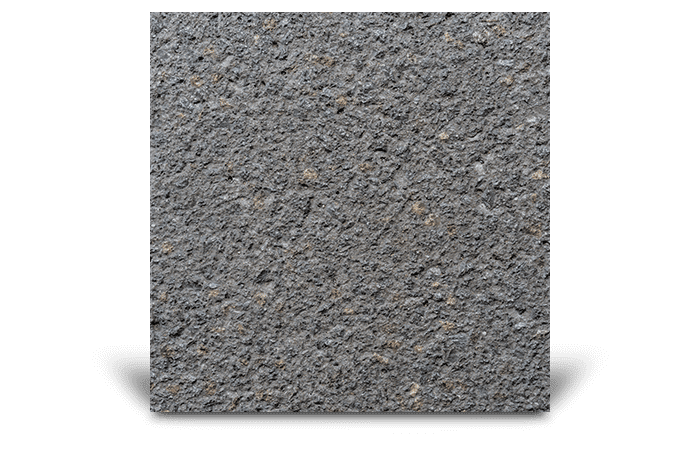Top Concrete Specialists: Trusted and Professional Concrete Work
Top Concrete Specialists: Trusted and Professional Concrete Work
Blog Article
Introducing the Eco-Friendly Advantages of Making Use Of Recycled Concrete in Lasting Building And Construction Practices
In the realm of lasting building and construction practices, the usage of recycled concrete stands as a pivotal yet frequently underestimated source. Beyond its conventional applications, recycled concrete offers a myriad of environment-friendly benefits that extend much beyond the confines of typical building materials. From reducing environmental impact to enhancing cost-efficiency, the implications of incorporating recycled concrete in sustainable structure techniques are considerable. This versatile material not just addresses pushing environmental problems however additionally presents a practical service to the obstacles encountered by the building sector at large.
Ecological Advantages
By incorporating recycled concrete into building methods, there is a significant decrease in the demand for new raw materials, leading to preservation of all-natural sources. In addition, the usage of recycled concrete lessens the quantity of waste being sent to garbage dumps, consequently lowering ecological pollution and reducing the pressure on landfill capacities (Concrete).

In contrast, recycled concrete has a lower carbon impact as it lowers the demand for brand-new concrete manufacturing. Generally, the ecological benefits of utilizing recycled concrete are considerable and play an essential duty in advertising environment-friendly construction methods.
Cost-Efficiency
When analyzing the utilization of recycled concrete in building projects,Accomplishing cost-efficiency is a paramount factor to consider. One of the vital benefits of utilizing recycled concrete is its cost-effectiveness compared to conventional concrete. The production of recycled concrete includes less energy and sources as it uses existing materials, decreasing the total task expenses substantially. Additionally, the availability of recycled concrete in your area can further decrease transport costs, making it a much more economical choice for construction projects.
Moreover, the use of recycled concrete can lead to savings in garbage dump costs by drawing away concrete waste from disposal websites. This not only reduces the ecological impact but likewise eliminates the costs connected with waste removal. The longevity and performance of recycled concrete are equivalent to conventional concrete, making certain that price financial savings do not compromise the quality of the building.
Resilience and Toughness
Recycled concrete deals equivalent, if not premium, resilience and strength homes to conventional concrete - Concrete. With developments in processing strategies and top quality control, recycled concrete can satisfy or go beyond the performance criteria of traditional concrete.

Waste Decrease
Efficient waste reduction methods play an important function in the sustainable usage of resources within the building and construction market. When it comes to using recycled concrete, waste reduction is a vital advantage that adds considerably to environmental conservation. Typical building methods commonly produce considerable amounts of waste, specifically in the kind of concrete debris from demolition sites. By including recycled concrete into building and you could look here construction jobs, this waste is repurposed and diverted from landfills, decreasing the overall ecological effect of construction tasks.
Recycled concrete not just assists in decreasing the quantity of waste that winds up in garbage dumps yet likewise preserves all-natural sources by decreasing the need for new aggregate materials. This process of waste reduction promotes a circular economy within the building and construction industry, where materials are reused and recycled to produce an extra sustainable industry. Additionally, the use of recycled concrete can bring about cost financial savings for building and construction jobs, as it is frequently more inexpensive than sourcing and transferring brand-new materials. Finally, waste reduction through the application of recycled concrete is a vital part of sustainable building and construction practices that benefits both the setting and the building sector in its entirety.
Power Preservation
When it comes to utilizing recycled concrete in construction, substantial energy savings are attained contrasted to traditional concrete manufacturing. The procedure of creating recycled concrete includes reusing and crushing existing concrete materials, which consumes less power than mining, processing, and delivering raw materials for brand-new concrete manufacturing.
Final Thought
Finally, the use of recycled concrete in sustainable building and construction techniques offers many environmental benefits, cost-efficiency, longevity, strength, waste decrease, and energy preservation. By integrating recycled concrete right into building projects, we can add to a more sustainable and ecologically pleasant future. It is important for the construction market to focus on making use of recycled materials to help in reducing the ecological impact of construction tasks.
One of the essential advantages of utilizing recycled concrete is its cost-effectiveness compared to a fantastic read conventional concrete.Moreover, the usage of recycled concrete can lead to cost savings in landfill prices by diverting concrete waste from disposal sites. The longevity and performance of recycled concrete are similar to traditional concrete, guaranteeing that cost financial savings do not jeopardize the quality of the building and construction.

Report this page